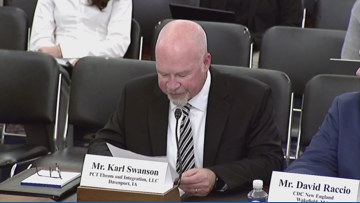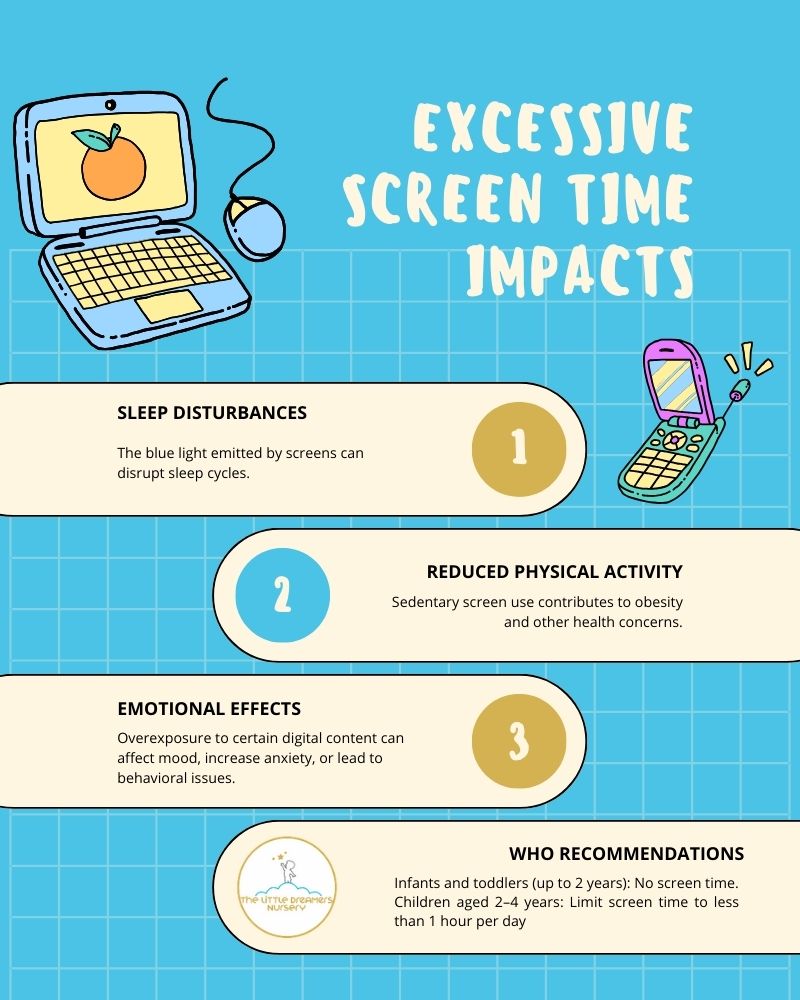Advancing Educational Equity and Civic Engagement: A Report on the Center for Educational Equity’s Initiatives Aligned with Sustainable Development Goals
Introduction
In the context of significant budget reductions to the U.S. Department of Education, the future of American schools remains uncertain. However, the Center for Educational Equity (CEE) at Teachers College (TC), led by Michael Rebell and Jonathan Collins, continues to address complex policy issues aimed at improving educational equity, reforming flawed systems, and supporting students in need. Their work strongly aligns with several Sustainable Development Goals (SDGs), particularly SDG 4 (Quality Education), SDG 10 (Reduced Inequalities), and SDG 16 (Peace, Justice, and Strong Institutions).
Center for Educational Equity: Mission and Impact
Founded 20 years ago by Michael Rebell, the Center for Educational Equity utilizes rights-based research, advocacy, and action to enhance education for all students and prepare them for active civic participation. The Center’s initiatives include:
- Addressing school funding rights in New York State.
- Promoting the right to civic education in New York and Rhode Island.
- Combating educational inequities in Kentucky schools.
The Center operates on the principle that effective education equips students for democratic discourse and civic action, directly supporting SDG 4.7, which emphasizes education for sustainable development and global citizenship.
Leadership Transition and Strategic Focus
- Michael Rebell: Executive Director of CEE, attorney, and Professor of Law & Educational Practice, has focused on litigation supporting education adequacy and equity.
- Jonathan Collins: Associate Director of CEE and Associate Professor of Politics & Education, joined TC in 2024 and emphasizes academic research to enhance school board governance and democratic practices.
- Jessica Wolff: Policy Director, contributes to expanding the definition of meaningful education to include civic education and democratic engagement.
This leadership team’s work reinforces SDG 16 by fostering inclusive decision-making and strengthening democratic institutions at the local level.
Legal Advocacy for Fair and Adequate School Funding
Campaign for Fiscal Equity (CFE) Case and Its Legacy
Michael Rebell gained prominence as counsel in the landmark 1993 case, Campaign for Fiscal Equity (CFE) v. State of New York, which challenged New York State’s public school funding formula. Key outcomes included:
- The New York State Court of Appeals affirmed the right to constitutional challenge on school funding.
- The 2003 ruling mandated the state to determine the actual cost of providing a sound, basic education and establish a fair, need-based funding system.
- Subsequent court rulings led to billions of dollars in additional state school aid.
This advocacy aligns with SDG 4.5, aiming to eliminate disparities in education access and quality.
Current Funding Reform Efforts
Rebell and the Center are currently advocating for a comprehensive overhaul of New York State’s school funding formula to address emerging challenges such as homelessness, pandemic-related learning loss, and mental health needs. Collaborating with the American Institutes for Research, they have proposed a modernized funding system to replace the outdated 18-year-old formula.
Recognizing that funding alone is insufficient, the CFE case expanded the definition of “a sound, basic education” to include preparation for active democratic participation, reinforcing SDG 4.7.
Promotion of Civic Education
Following the CFE ruling, Rebell led a statewide task force that developed a detailed definition of “civic readiness,” adopted by the New York State Board of Regents. The Regents also implemented a civic seal program now embraced by over 620 schools statewide. Additional initiatives include:
- Litigation on behalf of a Kentucky student coalition addressing civic engagement and achievement gaps.
- Partnership with the New York State Education Department to promote civic learning, media literacy, and youth engagement through DemocracyReady NY.
These efforts contribute to SDG 16 by fostering inclusive and participatory societies.
Reimagining School Board Governance and Civic Participation
Challenges in School Board Governance
Jonathan Collins’ research focuses on revitalizing school board governance to restore public trust and enhance engagement, a critical aspect of SDG 16. Key issues include:
- Increased partisan conflict in school governance post-2020, particularly related to COVID-19 policies, diversity, equity, and inclusion (DEI), and transgender student rights.
- The influence of political action committees (PACs) in local school board elections, raising concerns about democratic participation.
- Low public attendance at school board meetings, with only 30% of Americans participating.
Innovative Approaches to Enhance Engagement
Collins advocates for expanding the scope of school board meetings to encourage broader parental and community involvement. His initiatives include:
- Launching the School Board and Youth Engagement (S-BYE) Lab in 2024 to study school board functions and develop improvement strategies.
- Conducting large-scale data collection to assess school board activities and public engagement.
- Developing participatory budgeting models to enable public input on local government funding decisions.
- Exploring technological tools, including artificial intelligence, to facilitate communication between school officials and communities.
- Promoting student representation on school boards to improve educational outcomes.
These strategies support SDG 4.7 and SDG 16 by enhancing democratic governance and inclusive participation in education.
Future Directions
Both Rebell and Collins emphasize the critical importance of state and local engagement in education reform. Their ongoing work aims to address democratic deficits such as low voter turnout, poor representation, and lack of deliberation in school districts and cities. The Center for Educational Equity is committed to collaborating with schools and communities to build a robust democratic infrastructure, advancing the SDGs related to quality education, reduced inequalities, and strong institutions.
Conclusion
The Center for Educational Equity’s multifaceted approach—combining legal advocacy, policy development, academic research, and community engagement—exemplifies a comprehensive strategy to achieve equitable and meaningful education for all students. By integrating civic education and democratic participation into their mission, the Center actively contributes to the realization of the United Nations Sustainable Development Goals, fostering inclusive, just, and peaceful societies.
Report compiled by Merri Rosenberg
Published Wednesday, June 25, 2025
1. Sustainable Development Goals (SDGs) Addressed or Connected
- SDG 4: Quality Education
- The article focuses extensively on educational equity, improving school funding, and preparing students for civic participation, all of which align with SDG 4’s aim to ensure inclusive and equitable quality education and promote lifelong learning opportunities for all.
- SDG 10: Reduced Inequalities
- The discussion about fair and need-based school funding, addressing achievement gaps, and supporting students in need relates to reducing inequalities within and among countries.
- SDG 16: Peace, Justice, and Strong Institutions
- The emphasis on civic education, democratic participation, and improving school board governance connects with SDG 16’s focus on promoting peaceful and inclusive societies, access to justice, and building effective, accountable institutions.
2. Specific Targets Under Those SDGs Identified
- SDG 4 Targets
- Target 4.5: Eliminate gender disparities and ensure equal access to all levels of education and vocational training for vulnerable populations.
- Target 4.7: Ensure that all learners acquire knowledge and skills needed to promote sustainable development, including education for citizenship and human rights.
- Target 4.a: Build and upgrade education facilities that are inclusive and effective for all students.
- SDG 10 Targets
- Target 10.2: Empower and promote the social, economic, and political inclusion of all, irrespective of age, sex, disability, race, ethnicity, origin, or economic or other status.
- SDG 16 Targets
- Target 16.6: Develop effective, accountable, and transparent institutions at all levels.
- Target 16.7: Ensure responsive, inclusive, participatory, and representative decision-making at all levels.
3. Indicators Mentioned or Implied to Measure Progress
- Indicators Related to SDG 4
- Measurement of equitable school funding distribution (implied through analysis of funding formulas and state aid adjustments).
- Number of schools adopting civic education programs and civic seals (e.g., 620 schools in New York adopting the civic seal program).
- Student preparedness for democratic participation, such as voting and jury service readiness (implied through civic readiness definitions and programs).
- Indicators Related to SDG 10
- Reduction in achievement gaps among students from different socio-economic backgrounds (implied through litigation and advocacy efforts in Kentucky and New York).
- Access to education for vulnerable groups, including homeless students and those affected by pandemic-related learning loss.
- Indicators Related to SDG 16
- Level of public participation in school board meetings (noted as currently about 30% attendance).
- Implementation of participatory budgeting models and use of technology to enhance engagement between school officials and the public.
- Transparency and responsiveness of school board governance (implied through research on school boards and efforts to improve democratic practice).
4. Table of SDGs, Targets, and Indicators
| SDGs | Targets | Indicators |
|---|---|---|
| SDG 4: Quality Education |
|
|
| SDG 10: Reduced Inequalities |
|
|
| SDG 16: Peace, Justice, and Strong Institutions |
|
|
Source: tc.columbia.edu







